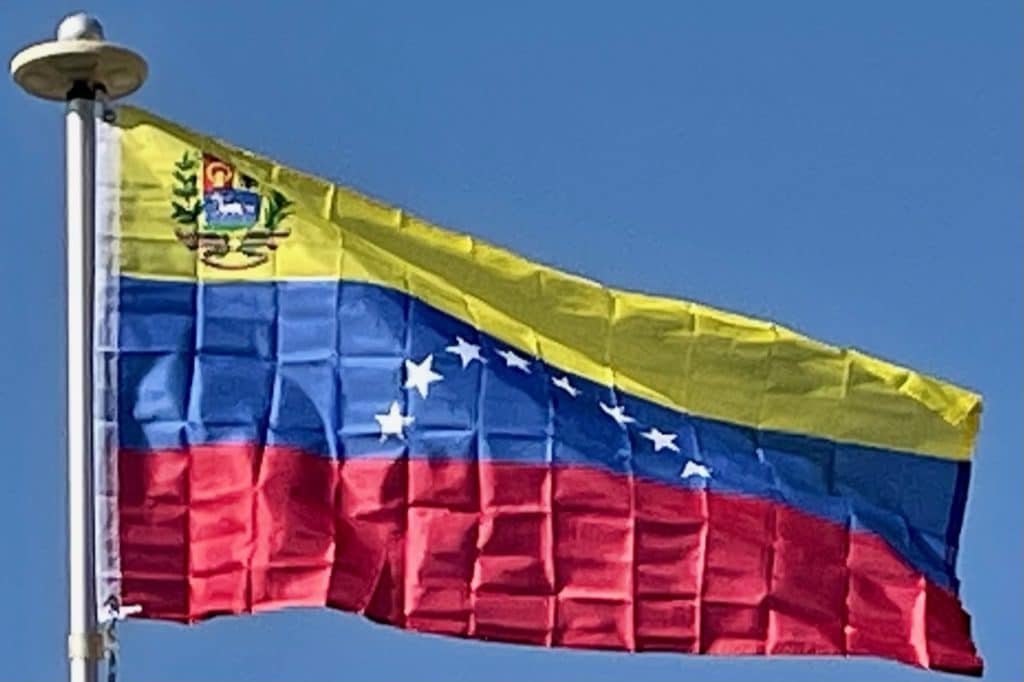In 1899, Cipriano Castro, assisted by his friend Juan Vicente Gómez, seized power in Caracas, marching an army from his base in the Andean state of Táchira. Castro defaulted on Venezuela’s considerable foreign debts and declined to pay compensation to foreigners caught up in Venezuela’s civil wars. This led to the Venezuela Crisis of 1902–1903, in which Britain, Germany and Italy imposed a naval blockade of several months before international arbitration at the new Permanent Court of Arbitration in The Hague was agreed. In 1908, another dispute broke out with the Netherlands, which was resolved when Castro left for medical treatment in Germany and was promptly overthrown by Juan Vicente Gómez (1908–1935).
20th century:
The discovery of massive oil deposits in Lake Maracaibo during World War I proved to be pivotal for Venezuela and transformed the basis of its economy from a heavy dependence on agricultural exports. It prompted an economic boom that lasted into the 1980s; by 1935, Venezuela’s per capita gross domestic product was Latin America’s highest. Gómez benefited handsomely from this, as corruption thrived, but at the same time, the new source of income helped him centralize the Venezuelan state and develop its authority.
He remained the most powerful man in Venezuela until his death in 1935, although at times he ceded the presidency to others. The gomecista dictatorship (1935–1945) system largely continued under Eleazar López Contreras, but from 1941, under Isaías Medina Angarita, was relaxed. Angarita granted a range of reforms, including the legalization of all political parties. After World War II, immigration from Southern Europe (mainly from Spain, Italy, Portugal, and France) and poorer Latin American countries markedly diversified Venezuelan society.

The most powerful man in the military junta (1948–1958) was Pérez Jiménez (though Chalbaud was its titular president) and was suspected of being behind the death in office of Chalbaud, who died in a bungled kidnapping in 1950. When the junta unexpectedly lost the election it held in 1952, it ignored the results and Pérez Jiménez was installed as president, where he remained until 1958. The expansion of the Venezuelan economy in this period was based on the indebtedness of the Venezuelan nation and that was one of the causes of the economic crisis in Venezuela in the 1960s, in which important projects such as the Urban Center El Recreo de Marcel Brauer on Avenida Casanova in Sabana Grande district were paralyzed.
During the years of Pérez Jiménez’s administration, the State intervened in areas of the economy that were traditionally carried out by private companies. The Pérez Jiménez government was characterized by its state capitalism and not by liberal capitalism. It was an antecedent of the populist and paternalistic economic regime of the later democratic regimes. The national private entrepreneurship increasingly had less space to grow and prosper. The State was the great capitalist in the Venezuela of Pérez Jiménez and was the largest national shareholder of major hotel chains such as Sheraton.
